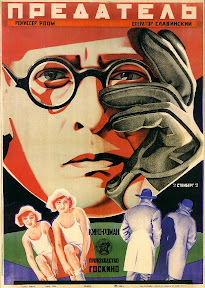"The first Gulf War was the first "live" war. World War Two was a world war in space. It spread from Europe to Japan, to the Soviet Union, etc. World War Two was quite different from World War One which was geographically limited to Europe. But in the case of the Gulf War, we are dealing with a war which is extremely local in space, but global in time, since it is the first "live" war. And to those, like my friend Baudrillard, who say that this war did not actually occur, I reply: this war may not have occurred in the actual global space, but it did occur in global time. And this thans to CNN and The Pentagon. This is a new form of war, and all future wares, all future accidents will be live wars and live accidents.
(Wilson: How will this removal affect people?)
Firstly, a de-realization, the accident of the real. It's not one, two, hundreds or thousands of people who are being killed, but the whole reality itself. In a way, everybody is wounded from the wound of the real. This phenomenon is similar to madness. The mad person is wounded by his or her distorted relationship to the real. Imagine that all of a sudden I am convinced that I am Napoleon: I am no longer Virilio, but Napoleon. My reality is wounded. Virtual reality leads to a similar de-realization. However, it no longer works only at the scale of individuals, as in madness, but at the scale of the world.
By the way, this might sound like drama, but it is not the end of the world: it is both sad and happy, nasty and kind. It is a lot of contradictory things at the same time. And it is complex."
--Virilio, Cyberwar, God and Television: An Interview with Paul Virilio
Conducted by Louise Wilson, from Digital Delerium
Virilio's comparison of madness with simulation is really interesting because if we've been taught as liberal academics to treat madness as an interesting singularity in personality, simulation must be able to divulge similarly interesting points. Of course, we may not seek out madness, but we do seem to seek out simulation, at least on some level. Taking, for example, Massive-Multiplayer Online Role Playing Games (MMORPGs), the real player can become Napoleon consciously and willingly, interact with others as Napoleon. But perhaps the previous example is "active" simulation, whereas something like television and CNN is "passive" simulation because one does not choose the way in which it overtakes the body.
Subscribe to:
Post Comments (Atom)


No comments:
Post a Comment